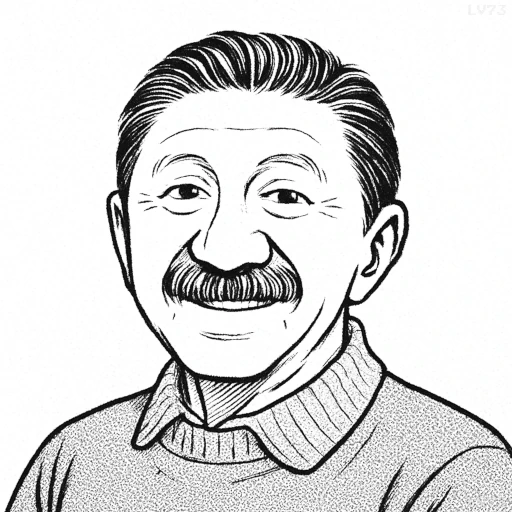“If you think only of evil, then you become pessimistic and hopeless like Freud. But if you think there is no evil, then you’re just one more deluded Pollyanna.”

- April 1, 1908 – June 8, 1970
- American
- Psychologist, Creator of Maslow’s Hierarchy of Needs, Humanistic Psychology Pioneer
table of contents
Quote
“If you think only of evil, then you become pessimistic and hopeless like Freud. But if you think there is no evil, then you’re just one more deluded Pollyanna.”
Explanation
In this quote, Abraham Maslow advocates for a balanced, realistic view of human nature, criticizing both overly cynical and overly idealistic perspectives. He references Freud as a symbol of psychological pessimism—someone who emphasized the darker drives of aggression, repression, and neurosis. According to Maslow, focusing exclusively on evil leads to despair and a distorted understanding of humanity. On the other hand, completely denying the existence of evil—being a “Pollyanna”—is equally delusional and dangerous, as it ignores the complexity and contradictions of real life.
Maslow’s stance reflects the essence of humanistic psychology, which seeks to integrate the full spectrum of human experience. He believed that humans possess both light and shadow, and that a mature understanding of life involves acknowledging both. Unlike Freud’s focus on pathology or the naive optimism of some utopian thinkers, Maslow aimed for a nuanced view grounded in evidence, compassion, and responsibility. Recognizing evil without becoming consumed by it is, for him, a mark of psychological health and moral clarity.
In today’s world, this quote remains deeply relevant, especially in political discourse, media, and education. It reminds us to resist the extremes of nihilism or blind optimism, and instead cultivate discernment, resilience, and thoughtful hope. Maslow’s insight encourages a worldview that is both honest and constructive—one that neither romanticizes humanity nor gives up on it.
Would you like to share your impressions or related stories about this quote in the comments section?


